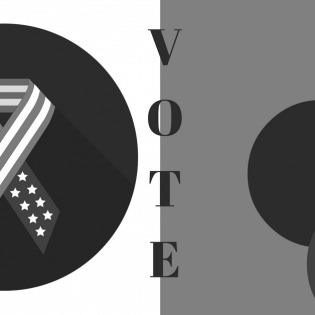The learners analyze examples from history of civic virtue and then select the characteristics they believe are most important for enduring citizen engagement.
Filter by subjects:
Filter by grades:
Filter by audience:
Filter by issue area:
Filter by content type:
Filter by resource type:
resource search
Although it is difficult to admit, we all are influenced by our prejudices. The more we are aware of our prejudices, the less harmful they are. This book by Dr.
Written by two award-winning authors, "All American Boys" shares the alternating voices of two students, one black and one white, after Rashad was beaten by a police officer and Quinn saw it happen.
One of the fundamental purposes for education is to prepare youth for responsible citizenship. This includes caring for others and the common good, understanding how government and voting work, following current events, listening to diverse points of view and having civil conversations, and advocating for a cause. This toolkit includes background information and project ideas related to civic participation.
Written by Andy Williams
Biographical Highlights
Students identify key events in U.S. history and the magnitude of the Constitution in context, with a particular emphasis on philanthropy. This lesson is designed for Citizenship/Constitution Day (September 17) and connects students to the historical significance of the...
Definition
Video Clip and Discussion Guide: Advocacy for an issue is a form of philanthropy. It involves changing hearts and minds in support of an issue. The video shares examples from nonprofits, government, and individuals about the impact and importance of advocacy for an issue. After watching the video, students share examples of advocacy, reflect on issues they care about and personal reasons for advocacy.



